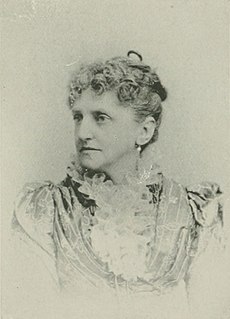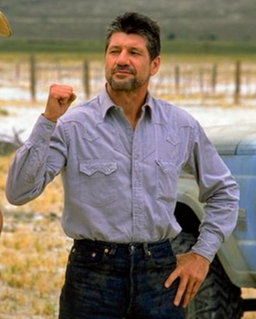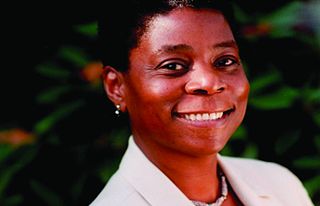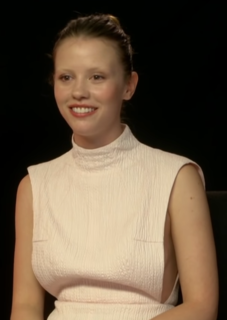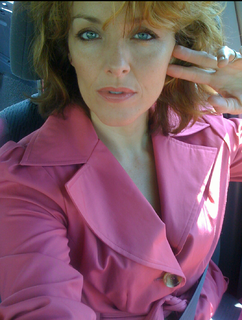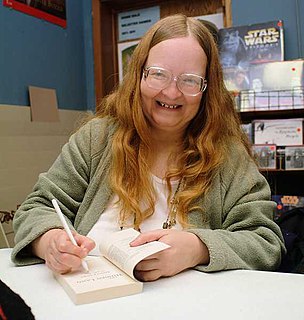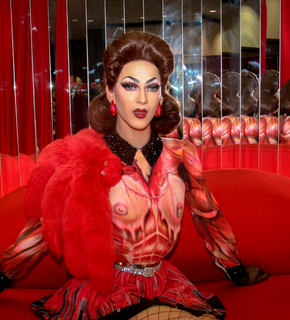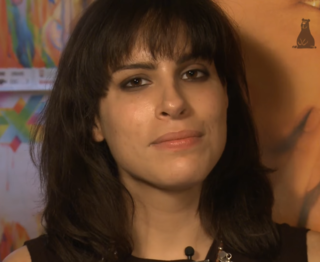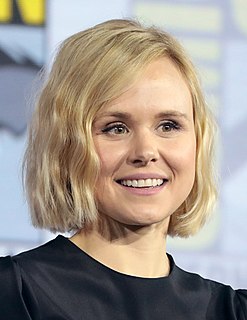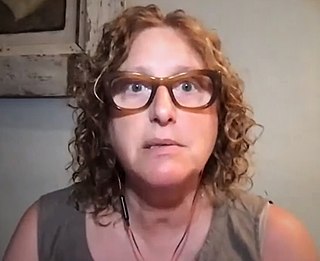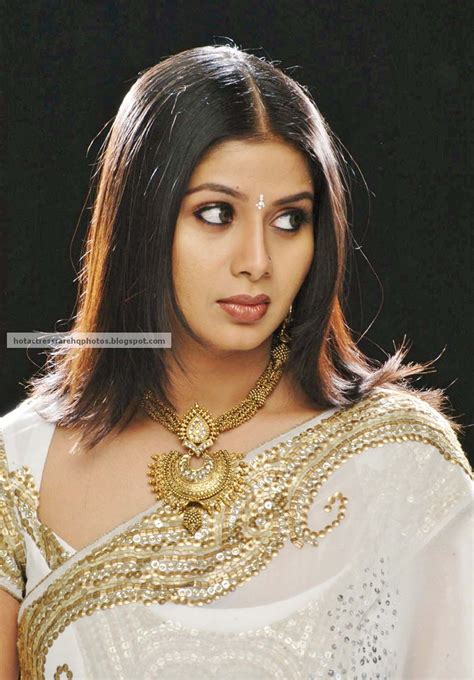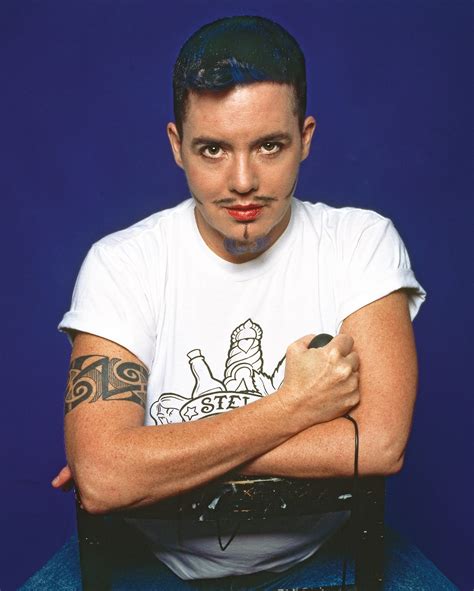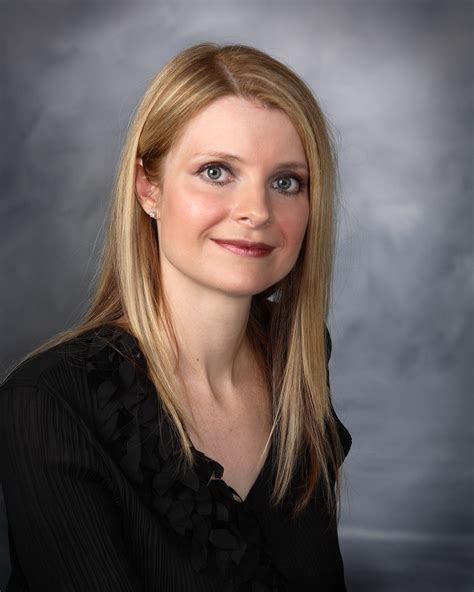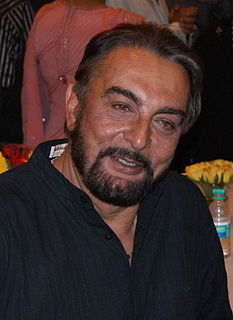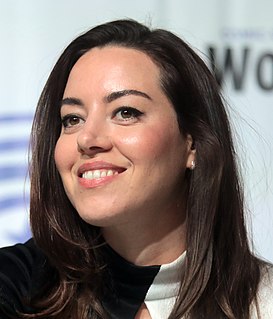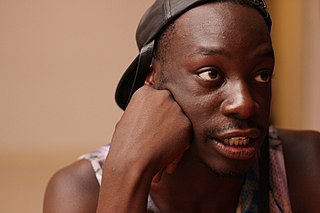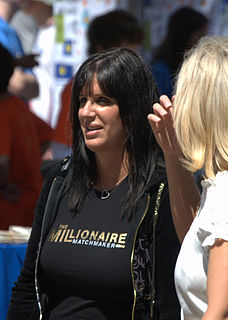Top 1200 Gender Roles Quotes & Sayings
Explore popular Gender Roles quotes.
Last updated on December 18, 2024.
I've been exploring gender performativity in the Gulf since I was a teenager. I'm not a gender anthropologist, but I feel like there's an extreme binary between femininity and masculinity in the Gulf. From a young age, I knew I didn't want to be part of it. Gender is a huge gray area, and the problem with defined roles is that they cover up undefined ones.
claims about what's 'natural' have long been used to reinforce traditional gender roles and values. ... Even the notion that women should have children at all is based on the idea that a woman's inherent and most important role is that of mother. Shockingly, men's 'innate' roles are a lot more fun than the ones bestowed on women.
I met people on college campuses who were defining themselves as genderqueer to express revolutionary feelings, or to communicate their individuality; they were gender fluid without being gender dysphoric. This phenomenon may be culturally significant, but it has only a little bit in common with the people who feel they can have no authentic self in their birth gender.
Well, I was raised in the south, so it's like Bible belt vibes. I went to Catholic school, so I had a male uniform my whole life. I always had very specific gender roles with hair and makeup and nails. Every single little aspect of me was gendered and then I was told aesthetically what was allowed per my gender.
One of the concepts I was having trouble illustrating was the concept that administrative systems create narrow categories of gender and force people into them in order to get their basic needs met - what I call "administrative violence." I had images of forms with gender boxes and ID cards with gender markers, but I also wanted an image that would capture how basic services like shelters are gender segregated.
Gender is not something that one is, it is something one does, an act... a "doing" rather than a "being". There is no gender identity behind the expressions of gender; that identity is performatively constituted by the very "expressions" that are said to be its results. If the immutable character of sex is contested, perhaps this construct called 'sex' is as culturally constructed as gender; indeed, perhaps it was always already gender, with the consequence that the distinction between sex and gender turns out to be no distinction at all.
I think growing up, the assimilation of most cultural conventions typically encouraged by a heightened awareness of gender and sex encourages a sort of separation of the self. What's so special about 'Hanna' is that her upbringing has negated this indoctrination; she's almost absolved of the pressures of gender or gender itself.
Radical feminist theorists do not seek to make gender a bit more flexible, but to eliminate it. They are gender abolitionists, and understand gender to provide the framework and rationale for male dominance. In the radical feminist approach, masculinity is the behaviour of the male ruling class and femininity is the behaviour of the subordinate class of women. Thus gender can have no place in the egalitarian future that feminism aims to create.
As a gender variant visual artist I access 'technologies of gender' in order to amplify rather than erase the hermaphroditic traces of my body. I name myself. A gender abolitionist. A part time gender terrorist. An intentional mutation and intersex by design, (as opposed to diagnosis), in order to distinguish my journey from the thousands of intersex individuals who have had their 'ambiguous' bodies mutilated and disfigured in a misguided attempt at 'normalization'. I believe in crossing the line as many times as it takes to build a bridge we can all walk across.
The scene at a certain time was definitely boys; those huge warehouses were kind of violent parties, even. I think people in your immediate community made a nightlife scene that actually did break down gender roles and were along different lines of identity that had to do with race and experience in the '90s, rather than gender.


